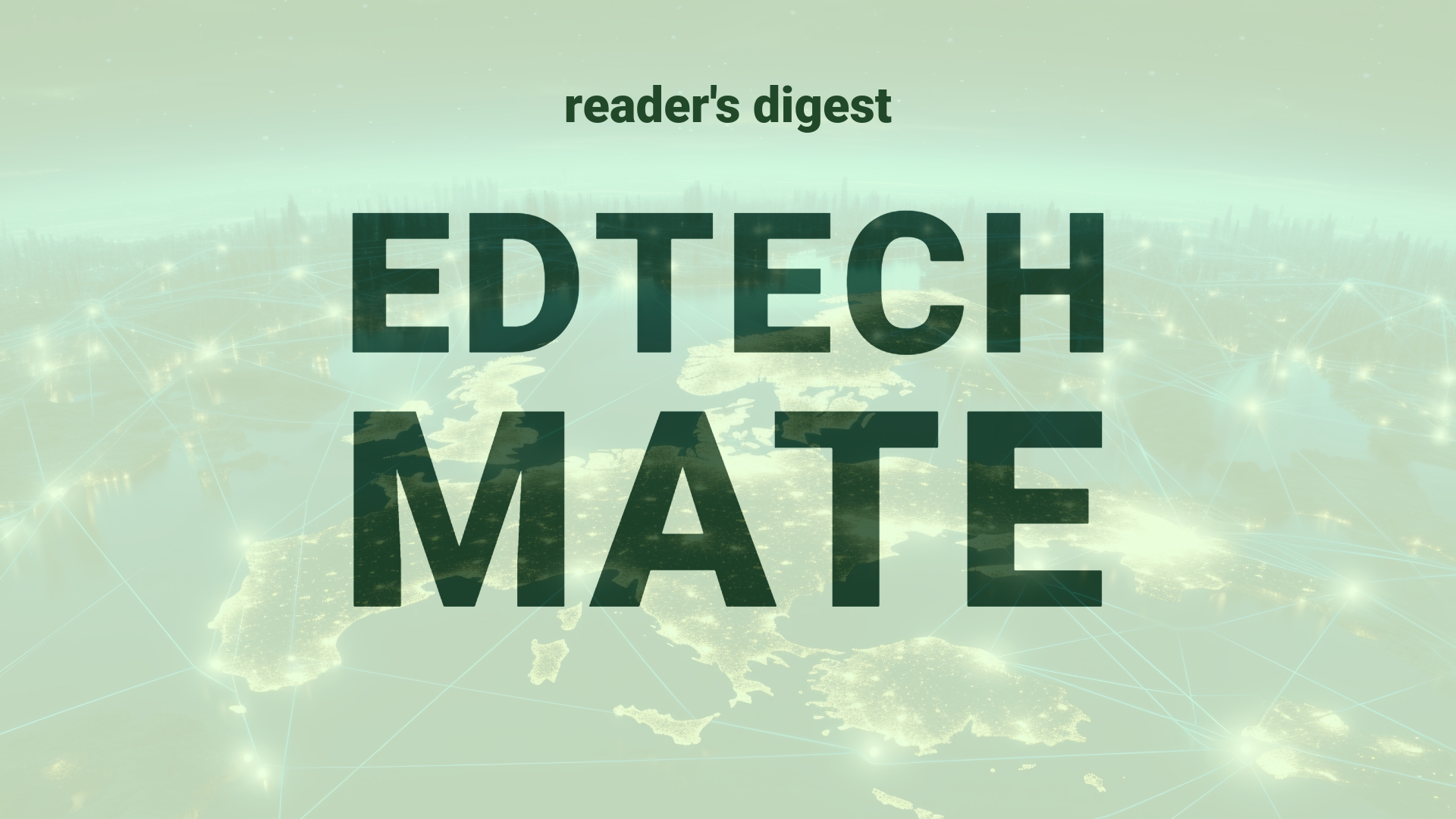Executive Summary and Main Points
In the swiftly progressing landscape of digital transformation in international education, Konecta has finalized a multi-year collaboration with Google Cloud. This strategic alignment enables the adoption of Google Cloud Platform’s (GCP) advanced services, including AI, to foster operational excellence and develop innovative services. The partnership is poised to significantly enhance voice analytics capabilities, with tailored training programs integrating Generative AI and Vertex AI designed to boost performance and improve employee experiences. Further, the union will harness Vertex AI for augmentative knowledge management solutions like Konecta co-pilot and real-time voice and text analysis. Automation efforts will focus on digital journey implementation utilizing generative AI engines on GCP, incorporating cutting-edge automated services and AI-based chatbots.
Potential Impact in the Education Sector
The strategic alliance between Konecta and Google Cloud represents transformative potential across various sectors of education, including Further Education, Higher Education, and the burgeoning sphere of Micro-credentials. This collaboration could lead to enhanced learning experiences through real-time analytics and more personalized learning journeys. In Further and Higher Education, such advancements might streamline administrative tasks, improve engagement through tailor-made learning materials, and enhance research capabilities through robust data analysis. Micro-credentials stand to benefit from superior validation processes and enriched learning platforms that integrate AI-driven insights, potentially fostering more strategic partnerships and spurring an accelerated digitalization trend within the global education ecosystem.
Potential Applicability in the Education Sector
The innovative applications stemming from Konecta’s use of Google Cloud AI technologies can be adapted to global education systems with far-reaching implications. AI-driven analytics could enable educational institutions to personalize content delivery and anticipate student needs, improving retention and outcomes. The application of Generative AI in creating dynamic course materials and conducting assessments can lead to a more engaging and bespoke educational experience. Real-time voice and text analysis can be pivotal in language learning environments, facilitating immediate feedback and accentuating immersive experiences. Moreover, these AI tools might be employed in career services to simulate interviews or provide guidance, enhancing the readiness of graduates for the global job market.
Criticism and Potential Shortfalls
While the integration of Google Cloud’s AI and analytics platforms promises myriad benefits, a critical analysis raises potential ethical and cultural implications. The over-reliance on AI could diminish the value of traditional pedagogic relationships and may not cater to the diverse learning styles present in heterogeneous student populations. Moreover, data privacy concerns and algorithmic biases could perpetuate existing disparities or introduce new forms of inequality. Comparative case studies such as the use of AI in European versus Asian higher education systems highlight the importance of context, revealing disparities in both technological adoption and the manifestation of AI’s repercussions on educational equality. Such examinations demand a nuanced approach to implementing AI, ensuring that the technology serves as an enabler of educational inclusivity rather than a source of divergence.
Actionable Recommendations
To capitalize on the benefits and mitigate the challenges of integrating these technologies into global higher education, institutions should take strategic, measured steps. Recommendations include establishing a robust ethical framework for AI use that considers the cultural diversity and values of the international student body. Pilot programs could assess the effectiveness of AI tools in a controlled manner before broader implementation. Partnerships with tech providers should also emphasize the development of skills among educators and IT staff to utilize AI technologies proficiently and ethically. Institutions should prioritize transparent data management policies, offer multilingual support to encompass diverse populations, and commit to ongoing assessments of AI’s impact on students’ learning experiences. Finally, embracing a culture of innovation while sustaining human-centered pedagogical practices remains key to a harmonious fusion of tradition and technology in global higher education.
Source article: https://www.cio.com/article/2111904/konecta-se-alia-con-google-cloud-para-potenciar-su-eficiencia-y-los-servicios-de-ia.html

